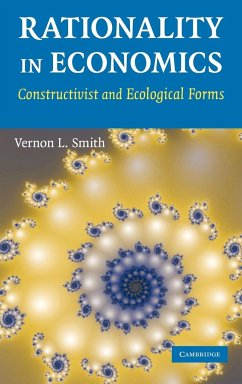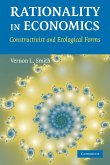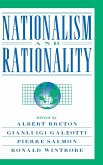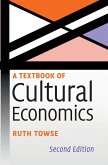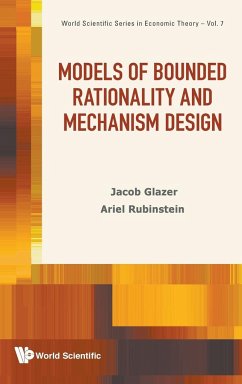The principal findings of experimental economics are that impersonal exchange in markets converges in repeated interaction to the equilibrium states implied by economic theory, under information conditions far weaker than specified in the theory. n personal, social, and economic exchange, as studied in two-person games, cooperation exceeds the prediction of traditional game theory. This book relates these two findings to field studies and applications and integrates them with the main themes of the Scottish Enlightenment and with the thoughts of F. A. Hayek: through emergent socioeconomic institutions and cultural norms, people achieve ends that are unintended and poorly understood. In cultural changes the role of constructivism, or reason, is to provide variation, and the role of ecological processes is to select the norms and institutions that serve the fitness needs of societies.
Hinweis: Dieser Artikel kann nur an eine deutsche Lieferadresse ausgeliefert werden.
Hinweis: Dieser Artikel kann nur an eine deutsche Lieferadresse ausgeliefert werden.
'The journey that brought Vernon Smith to his Nobel Prize is not over. It obviously brought us constructive tools, in the form of controlled experimental methods that allow economists to see the lay of the behavioral land more clearly than before. But this magisterial review of the whole journey, including precursors, reminds us that the scope of economics has always been much wider than the straw man that behaviorists like to attack. Properly understood, experimental methods force all economists to think of constructivist and ecological rationality as complementary ways of understanding behavior, rather than as fundamentally inconsistent views of behavior. The journey, then, has really just begun.' Glenn W. Harrison, College of Business Administration, University of Central Florida

